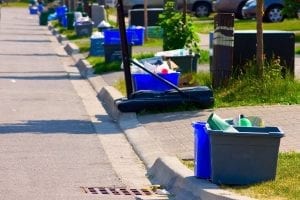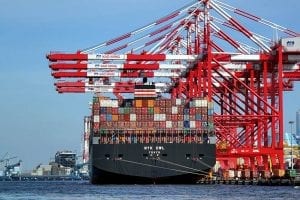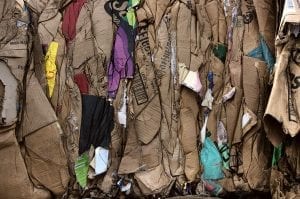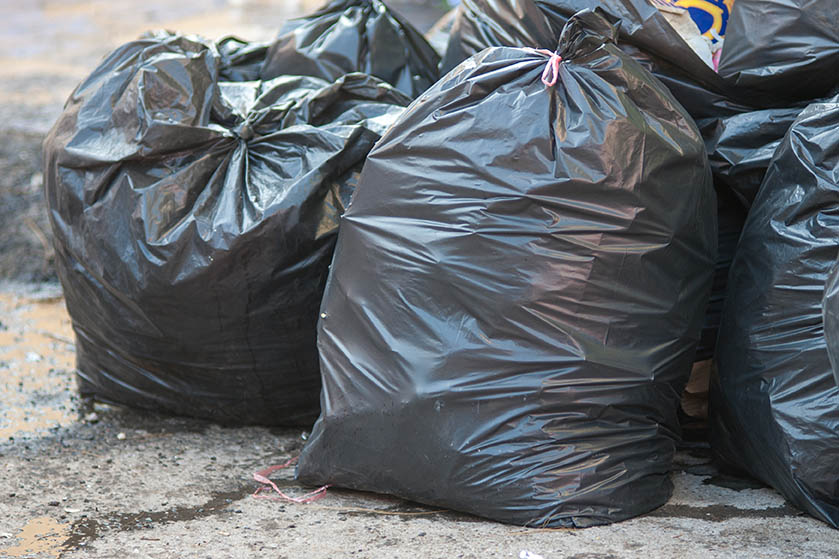 As the need for a cleaner stream becomes clear, haulers and local programs are taking steps to reduce contamination. Some enforcement tactics are proving unpopular among the public.
As the need for a cleaner stream becomes clear, haulers and local programs are taking steps to reduce contamination. Some enforcement tactics are proving unpopular among the public.

 Colin Staub was a reporter and associate editor at Resource Recycling until August 2025.
Colin Staub was a reporter and associate editor at Resource Recycling until August 2025. As the need for a cleaner stream becomes clear, haulers and local programs are taking steps to reduce contamination. Some enforcement tactics are proving unpopular among the public.
As the need for a cleaner stream becomes clear, haulers and local programs are taking steps to reduce contamination. Some enforcement tactics are proving unpopular among the public.
 Southeast Asian countries are moving to constrain imports of recyclables, but some exporters are mislabeling scrap plastic shipments to get around the restrictions.
Southeast Asian countries are moving to constrain imports of recyclables, but some exporters are mislabeling scrap plastic shipments to get around the restrictions.
 Oregon and Colorado have very different recycling landscapes but are seeing a similar trend: stagnating recycling numbers.
Oregon and Colorado have very different recycling landscapes but are seeing a similar trend: stagnating recycling numbers.
 A major brand owner will help provide funding for carts, MRF upgrades, collection vehicles and other core projects to expand materials recovery in the Southeast.
A major brand owner will help provide funding for carts, MRF upgrades, collection vehicles and other core projects to expand materials recovery in the Southeast.
 The leader of a company that is putting millions behind RES Polyflow says plastics conversion technologies today are comparable to renewable energy solutions when they were still in their infancy.
The leader of a company that is putting millions behind RES Polyflow says plastics conversion technologies today are comparable to renewable energy solutions when they were still in their infancy.

Governments across Southeast Asia continue to restrict recovered material imports. In the latest developments, Taiwan added plastic and paper restrictions, Vietnam rolled out new guidelines and Malaysia considered importing from certain countries only.

Recovered paper end users commented on some of the key trends in the recycled paper industry during their recent quarterly earnings calls.
 The head of the Association of Plastic Recyclers (APR) recently voiced concerns that plastics recovery progress could get dampened by stakeholders’ transition to more holistic approaches to materials management.
The head of the Association of Plastic Recyclers (APR) recently voiced concerns that plastics recovery progress could get dampened by stakeholders’ transition to more holistic approaches to materials management.
 Even as exporters move off of China as a destination for certain recyclables, the country remains a crucial market. And several recent Chinese developments carry industry-wide implications.
Even as exporters move off of China as a destination for certain recyclables, the country remains a crucial market. And several recent Chinese developments carry industry-wide implications.
 A company billing its technology as a landfill alternative is scaling up to create a solid recovered fuel from otherwise disposal-bound material.
A company billing its technology as a landfill alternative is scaling up to create a solid recovered fuel from otherwise disposal-bound material.
